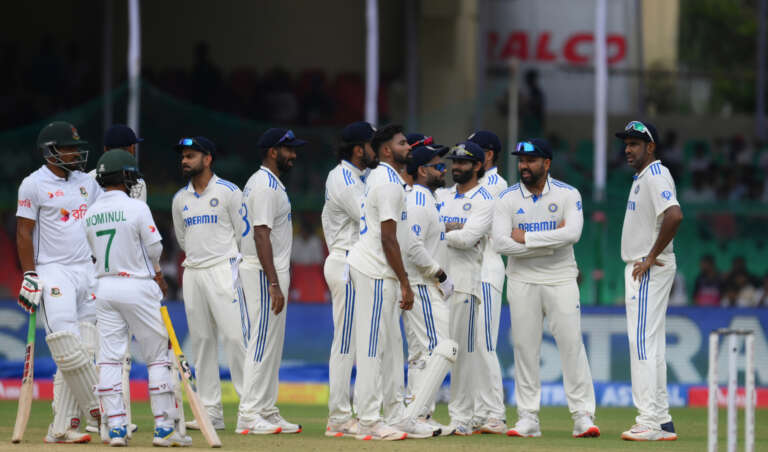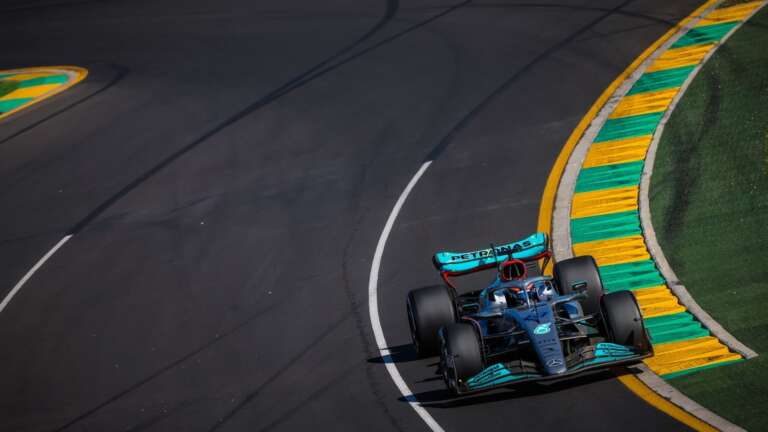Formula 1: The Pinnacle of Motorsport
Be ready for the F1 2026 season. We bring you all the results right in your inbox and exciting F1 news;
Formula One, often called F1, is the world’s premier motorsport competition and one of the most watched sporting events globally. Combining cutting-edge technology, world-class drivers, and high-speed drama, F1 delivers a unique mix of sport, science, and entertainment. From the glamorous streets of Monaco to the high-speed straights of Monza, Formula One captures the imagination of millions every season.
History and Origins of Formula 1
The origins of Formula One date back to the early 20th century, when European Grand Prix motor racing became popular. The first official Formula One World Championship was held in 1950 at Silverstone in the United Kingdom. Since then, the sport has expanded worldwide, evolving into a global championship featuring iconic teams, legendary drivers, and groundbreaking technological innovations.
How Formula One Works
Formula 1 is a series of races known as Grands Prix, held across various countries on purpose-built circuits and city streets. The season typically consists of 20–24 races, with points awarded based on finishing position. The driver and team with the most points at the end of the season are crowned World Champions in their respective categories.
The sport features two key championships:
- Drivers’ Championship – Awarded to the driver with the most points in a season.
- Constructors’ Championship – Awarded to the team (constructor) with the most combined points from both its drivers.
The Cars: Engineering Excellence
F1 cars are among the fastest and most advanced racing machines in the world. They are designed for maximum speed, agility, and safety, featuring hybrid power units, advanced aerodynamics, and cutting-edge materials. Modern cars can exceed 350 km/h (217 mph) and generate enormous downforce, allowing them to take corners at breathtaking speeds.
Each season, strict technical regulations guide car design, pushing teams to innovate within tight limits. This balance of creativity and restriction fuels competition and ensures a level playing field.
Legendary Teams
Some teams have become synonymous with Formula One history:
- Ferrari – The most iconic and successful team, with a passionate global fan base.
- McLaren – Known for engineering brilliance and producing legendary drivers like Ayrton Senna.
- Mercedes – Dominant in the hybrid era, winning multiple consecutive championships.
- Red Bull Racing – A modern powerhouse that has redefined success since the 2010s.
- Williams – Historic champions with a legacy of innovation and triumph.
Greatest Drivers in F1 History
Formula One has produced some of the most iconic athletes in sports:
- Juan Manuel Fangio – The Argentine legend who won five world titles in the 1950s.
- Ayrton Senna – Revered for his skill, passion, and unforgettable duels with Alain Prost.
- Michael Schumacher – Seven-time World Champion, synonymous with Ferrari’s golden era.
- Lewis Hamilton – Record-breaking driver with seven world titles, known for his consistency and activism.
- Max Verstappen – The modern superstar, pushing the boundaries of dominance in the current era.
Iconic Races and Circuits
Each Formula One circuit brings its own personality and challenges. Some of the most famous include:
- Monaco Grand Prix – A glamorous street race with tight corners and high prestige.
- Italian Grand Prix at Monza – Known as the “Temple of Speed,” a fan-favorite with Ferrari dominance.
- British Grand Prix at Silverstone – The birthplace of F1 and a must-win for drivers.
- Singapore Grand Prix – The first night race, combining spectacle and strategy.
- Abu Dhabi Grand Prix – The season finale under the Yas Marina lights.
Formula 1 2025 Mid-Season Recap
The Role of Strategy
Formula 1 is not just about speed. Strategy plays a vital role in race outcomes, from tire selection to pit stops and fuel management. Teams use advanced data analytics, weather predictions, and simulations to make split-second decisions that can determine victory or defeat.
Global Popularity and Culture
F1 is more than a sport—it’s a cultural phenomenon. With races on five continents and fans in every corner of the globe, Formula One represents international competition at its finest. The sport’s mix of glamour, speed, and drama has been further popularized by digital platforms and the Netflix series Drive to Survive, which brought millions of new fans to the sport.
Women in Formula One
While no woman has competed in a Formula One Grand Prix since the 1970s, the sport is seeing renewed efforts to support female drivers through initiatives like the F1 Academy and W Series. Additionally, women play crucial roles as engineers, strategists, and executives within the teams, shaping the future of the sport both on and off the track.
Modern Challenges and Innovations
Formula One faces challenges such as sustainability, cost control, and ensuring competitive balance. The sport has introduced hybrid power units, sustainable fuels, and new financial regulations to address these issues. Innovations like sprint races and changes in aerodynamics are designed to make races more competitive and exciting for fans.
The Future of Formula One
The future of F1 looks brighter than ever. With expanding calendars, growing fan bases in the U.S., Middle East, and Asia, and increased sustainability initiatives, Formula One is set to reach new heights. The sport’s ability to blend tradition with innovation ensures its continued place as the pinnacle of motorsport.
Formula One is more than racing—it is a global spectacle that combines human skill, engineering mastery, and pure adrenaline. With a rich history, legendary drivers, iconic teams, and a bold future ahead, F1 will continue to thrill and inspire fans for generations to come. Whether you’re new to the sport or a lifelong fan, Formula One remains the ultimate stage for speed, strategy, and sporting drama.
F1 Coverage on WorldSportTalk.com
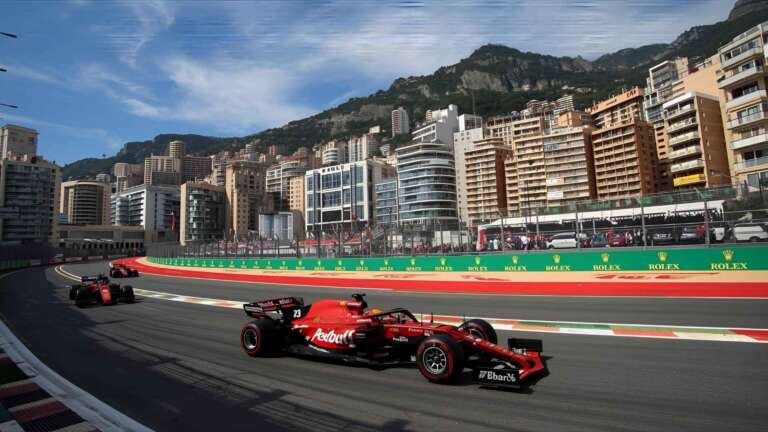
🏎️ Formula 1 Live Results & 2026 Season
World Formula 1 Live Results from season 2026 from March 26 Sign up for news and be sure to be alerted when the season starts;
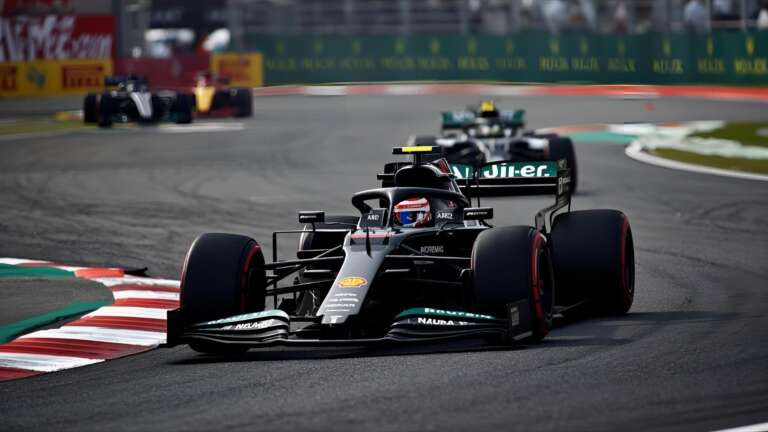
Formula 1 2025 Mid-Season Recap
Current F1 Championship Standings Updated after every race. Next race: Check schedule below. Latest F1 Race Results Formula 1 2025 Mid-Season Recap – Rising Stars,
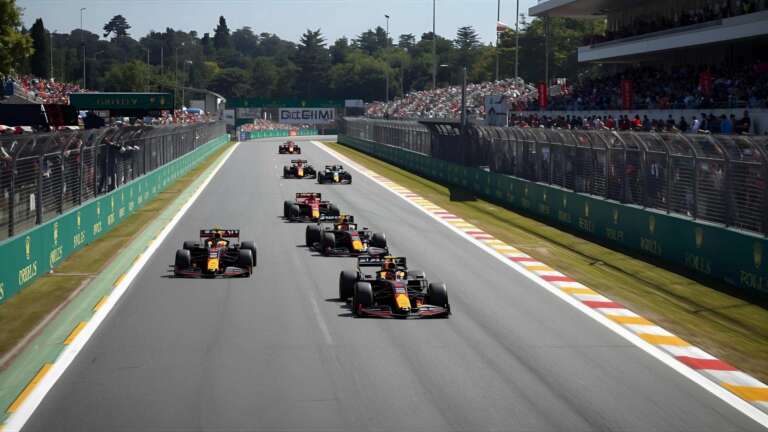
Monza F1 Grand Prix 2025
Monza F1 Grand Prix 2025 The Monza F1 Grand Prix 2025 took place on September 7, 2025 at the legendary circuit, the so-called “Temple of Speed.”
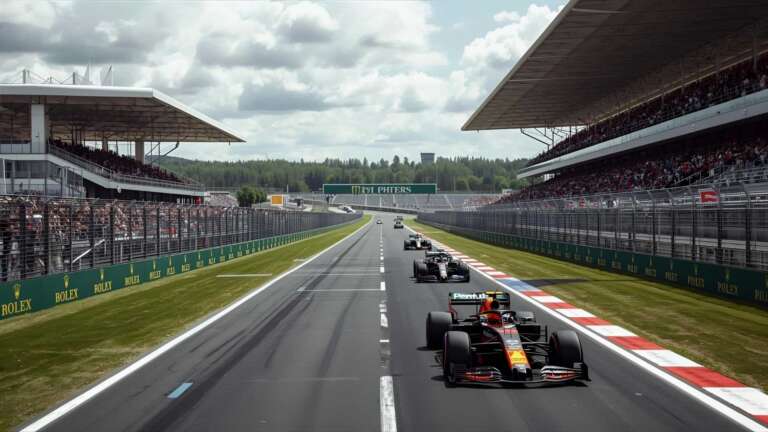
British F1 Grand Prix 2025
British F1 Grand Prix 2025 – Norris Triumphs at Silverstone The British F1 Grand Prix 2025 took place on July 6, 2025 at the historic Silverstone

2025 Monaco F1 Grand Prix
2025 Monaco F1 Grand Prix – Streets of Monte Carlo The 2025 Monaco F1 Grand Prix took place on May 25, 2025 and delivered drama
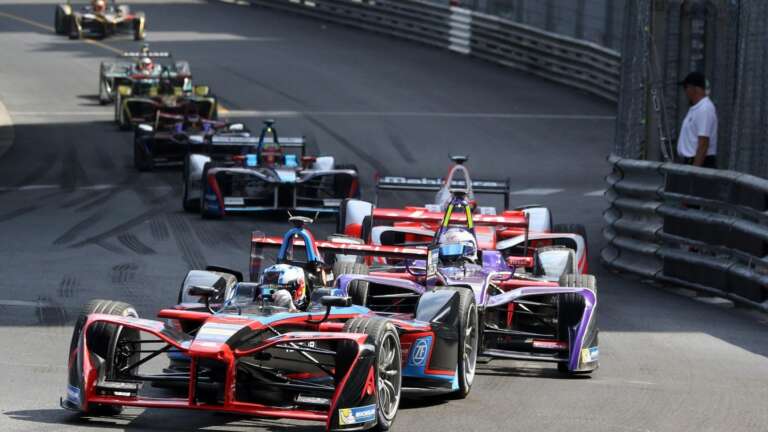
Formula 1 Season Guide 2025
Formula 1 Season Guide for 2025 The 2025 Formula 1 season promises to be one of the most exciting yet, with a packed calendar, new




